This week I thought it would be timely to discuss the value of planning and the benefits it brings when managing a sports club facility in terms of sports pitch playability and sustainability.
Without a relevant planning process, clubs will often fail to deliver their goals and objectives. I find it quite disturbing to find many grass roots sports clubs (football, cricket, bowls or rugby) lack any form of management plan or indeed have a detailed maintenance regime in place.
It is quite often left to a needs must approach where treating the problem has become a chore. All too often we tend to be reactive and only do as little as possible without looking at the bigger picture.
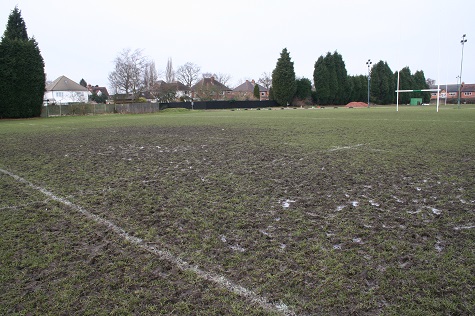
We should not view grounds maintenance in this way. We must take into account the value of the facility and what it brings to the community it serves.
Many are priceless in terms of what they bring to the community - however, in grounds maintenance terms, we often invest very little in resources and time.
One of the reasons for this, is that many clubs do not have a management / business plan that reflects the potential, values, running costs and marketing of these facilities.
What is a business plan? In its simplest form, a business plan is a guide - a roadmap for your business / club facility that outlines goals and details how you plan to achieve those goals.
Therefore, I seriously suggest you start looking at creating one. In essence it is just a working document that tells you who you are, your current state, economic value and where you want to be in the next five to ten years and how you are going to get there.
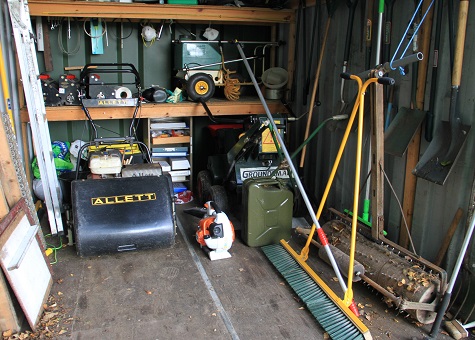
Having a viable management will also open up any potential opportunities to secure relevant funding from our sports governing bodies and other public agencies.
Ideally it should reflect the following key points about your facility:-
- A welcoming place
- Healthy, safe and secure
- Well maintained and clean
- Details maintenance plans and costs
- Meets sports governing bodies standards
- Works with the community
- Demonstrates good marketing opportunities
- And meets the needs of all club members
One of the biggest issues for me is the fact that many clubs often do not have the appropriate maintenance regimes in place or in most cases do not have the appropriate machinery and resources to do the job effectively.
We now have an excellent array of educational platforms and outlets for this information. Each sporting governing body has the relevant information for you to tap into. They nearly all provide helplines and assistance plus provide a wealth of information on running your club.
Most, if not all, of our sporting governing bodies, Sports England and the Heritage Lottery Fund, now offer funding for sports clubs. It a case of finding out what is available and how to apply for it.
As for machinery, we have in this country some of the best manufacturers in world, who over the years have brought out a raft of products to suit our needs and requirements. Followed up by an excellent network of independent, specialist machinery dealers who can supply our demands at competitive prices backed up with very good after sales services.
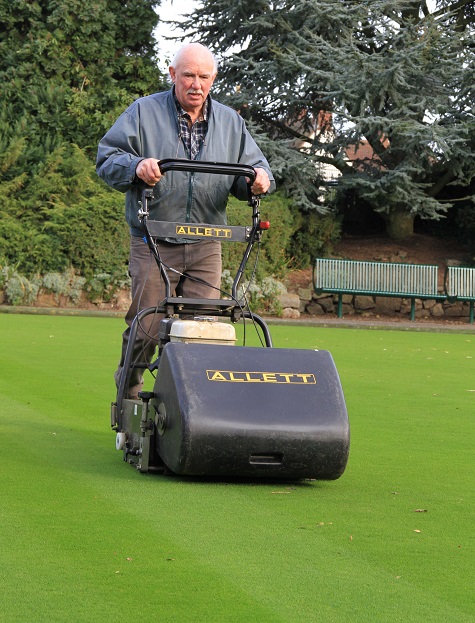
We also have other organisations such as the IOG, FA, RFU, Bowls England, ECB, LTA, STRI, SAPCA, and Pitchcare that provide essential grounds related information and maintenance diaries.
At the end of the day there will be a cost to maintain a given sports facility in terms of maintenance requirements. These will be reflected by what methods you decide. Either by doing the work in-house, employing a dedicated groundsman or hiring a qualified contractor.
Costs will be incurred whichever option you choose; however, these costs will be determined by the level of maintenance input you require and the size and scale of the club facility.
The benefit of putting together a maintenance programme is to establish these annual fees and then to find a budget scheme to fund these operations.
For many years I have advocated that a dedicated grounds maintenance budget should be set up to meet these costs. Far too often I hear clubs say ‘we haven’t the funds to do this or that’. In reality, it’s a case of being proactive and finding a way to meet these costs.
In most cases many clubs do not charge members anywhere near enough the going rates. For example, a lot of clubs still only charge between £50-£100 for annual membership and a fixed match fee (£5-£10) and expect that to cover all the costs the club incurs?!
And quite often only a small proportion of these funds ever go to maintaining the grounds.
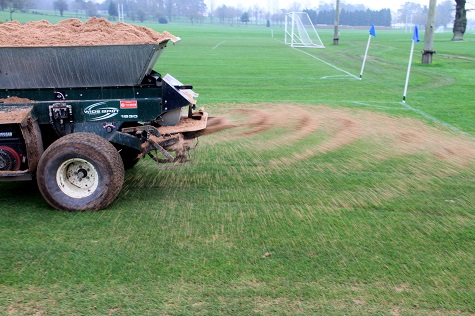
We need to find alternative methods. One I have suggested is a dedicated grounds fund whereby any club members (seniors and juniors) of a decent sized member club, who use the pitches, have to pay £1 into the groundsman’s pot. 250 plus members using the facility would equate to raising over £250 per week, £1000 per month, therefor having the potential to raise over £10,000 per year for the grounds budget. That amount of money spent effectively would go a long way to producing a decent playing surface for the club.
While on the subject of planning, January is a good time to start planning your spring renovations for cricket, tennis, bowls and possibly start thinking about your end of season renovations for rugby and football. Now is a good time to be evaluating the level of work required and acquiring costs for completing the work. It is no good expecting a contractor to turn up on a day’s notice, you will need to book them in advance.
Depending on the weather front, soil and air temperatures will soon start rising once we get into the months of March / April (only 6 weeks away).
Spring Renovations
The object of spring renovations is to give the sward a beneficial start by carrying out a light scarification, thus cleaning out any surface moss and fibre. Followed by some beneficial aeration, top dressing, overseeding work and a dose of spring NPK based fertiliser.
As for end of season renovations, quite often it requires the service of specialist contractors who are geared up with dedicated tractor mounted, scarifiers, verti-drains, top dressers and seeding machines.
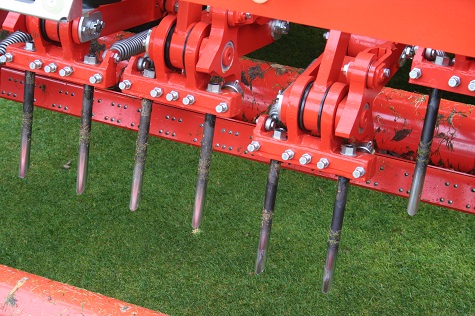
And finally, just a brief reminder that I will be attending BTME next week. Myself and Steve Gibbs of TurfPro and Service Dealer will be walking around the show to see the latest innovations, machinery, products and service on offer for our everchanging and challenging sports turf industry.